
Buying a used car can be a fantastic way to find a reliable vehicle at a budget-friendly price. But with hidden problems and shady sellers lurking around every corner, navigating the used car market can feel like a minefield. Don’t worry; we’ve got your back! This guide will equip you with the knowledge to avoid the 15 most common used car risky investments, ensuring you steer clear of red flags and drive away with a car that goes the distance.
Salvage Titles

Cars with salvage titles have been declared a complete loss by an insurance company, typically due to major damage. While they may be repaired, studies show they are 2-3 times more likely to experience mechanical setbacks and have a significantly diminished resale value compared to cars with clean titles.
Flood Damage

Flood-damaged vehicles can have inconspicuous electrical and mechanical malfunctions, including corrosion, rust, water wear, mold and mildew growth, and brake and suspension system failures. Any number of these red flags can lead to costly repairs, as well as long-term reliability and safety concerns. Be wary of any car with a history of flooding.
Unknown Repair History
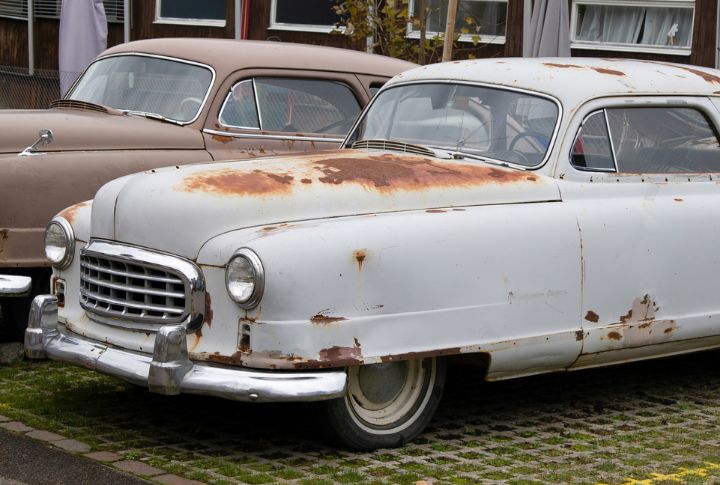
A car with a missing or incomplete service history is a red flag. This lack of transparency often indicates potential complications that the seller wants to hide. A complete service history can provide peace of mind, helping you track warranty coverage and maintenance schedules and ensuring the vehicle receives necessary work.
Unrealistic Price Drops

If a car’s price seems too good to be true, it probably is. Some common issues with unrealistic price tags are that sellers may be desperate to get rid of the car, undisclosed faults, or mechanic’s liens on the vehicle. Be suspicious of sellers offering drastic discounts without a clear explanation.
Rusted Undercarriage
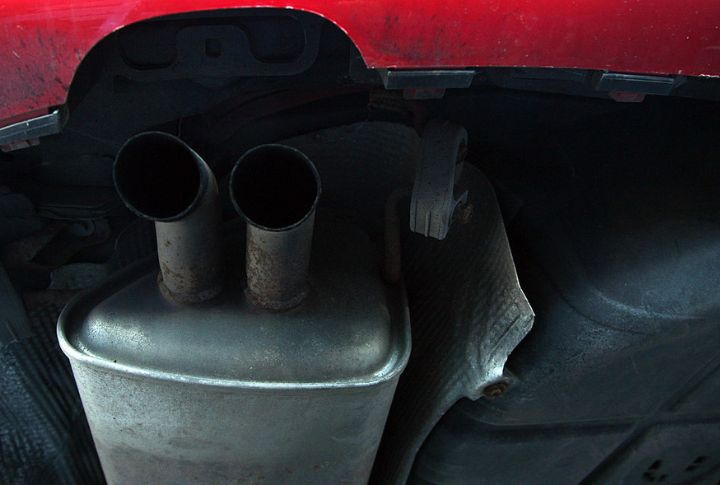
Rust on the undercarriage can indicate structural defects, possible leaks, and a shortened lifespan for the vehicle. Extensive rust can lead to frame failure, suspension breakdown, and future expenses. It is advisable to avoid cars with significant undercarriage rust.
Major Modifications
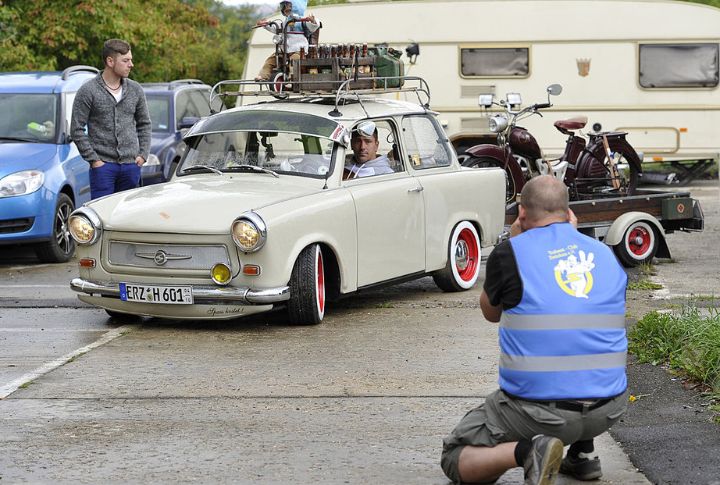
Heavily modified cars can have hidden issues caused by improper installations or modifications that stress the engine and other components. Research has shown that modified cars are more likely to experience mechanical failures compared to unmodified vehicles.
Unreliable Makes and Models

Research the car’s specific make and model for known weaknesses and periodic hitches. Some brands and models are notorious for frequent breakdowns and expensive repairs. Consumer Reports consistently ranks certain car brands lower in reliability due to recurring engine, transmission, or electrical issues.
Private Sellers Without Proper Documentation

Ensure the seller has the title in their name, a valid registration, and a clean Carfax report before committing to a purchase. Also, purchasing from reputable dealerships instead. Remember, it’s always better to be safe than sorry, and taking extra precautions can help protect you from possible title fraud.
Pressure to Buy Quickly

Don’t be pressured into making a quick decision. Take your time to thoroughly inspect the car, research its history, and get it checked by a mechanic before committing. This will save you from precarious surprises down the road.
Failing to Test Drive Thoroughly

A short test drive around the block isn’t enough. Be thorough; take the car on various road conditions, including highways and uneven terrain, to assess its handling, performance, and potential weaknesses.
Lack of Pre-Purchase Inspection
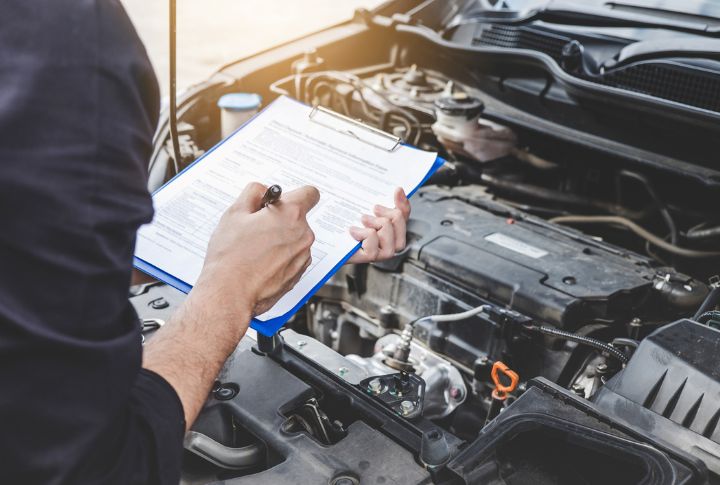
Never skip a pre-purchase inspection by a qualified mechanic. This necessary step can uncover concealed problems and potential safety hazards. Studies have shown that pre-purchase inspection can identify major vulnerabilities in used cars, such as engine troubles, transmission, and electrical faults.
Unrealistic Expectations
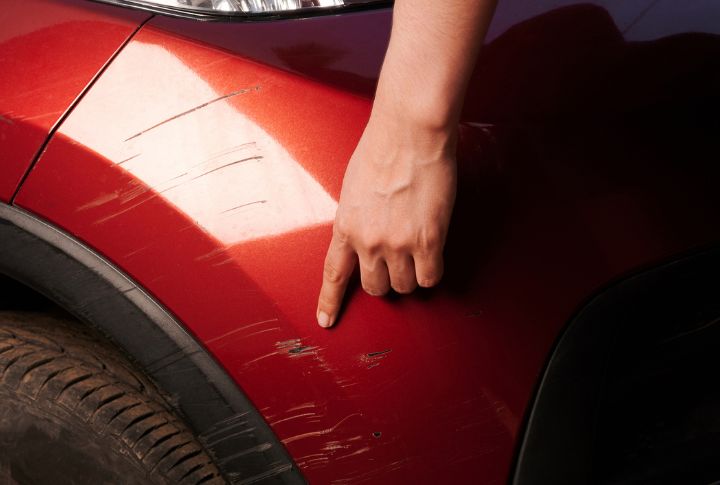
Don’t expect a used car to be perfect. Minor cosmetic snags are common, but they prioritize functionality and safety over superficial aesthetics. Remember, a few scratches or dents are less concerning than erratic mechanical crises.
Unsecured Loans with High-Interest Rates

Financing a used car is fine, but be wary of loans with high interest rates that can quickly turn a seemingly affordable car into a financial burden. High interest rates can significantly increase the total cost of ownership, sometimes doubling the original price of the car.
Extended Warranties with Hidden Costs
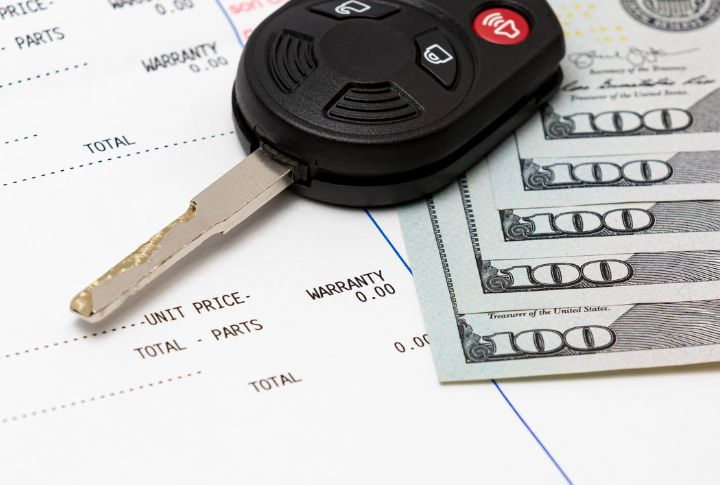
Carefully read the fine print of extended warranties to understand what’s covered and what isn’t. Avoid warranties with high deductibles or exclusions that leave you exposed to significant repair costs. Many extended warranties only cover major components and exclude common wear-and-tear issues.
Impulse Purchases
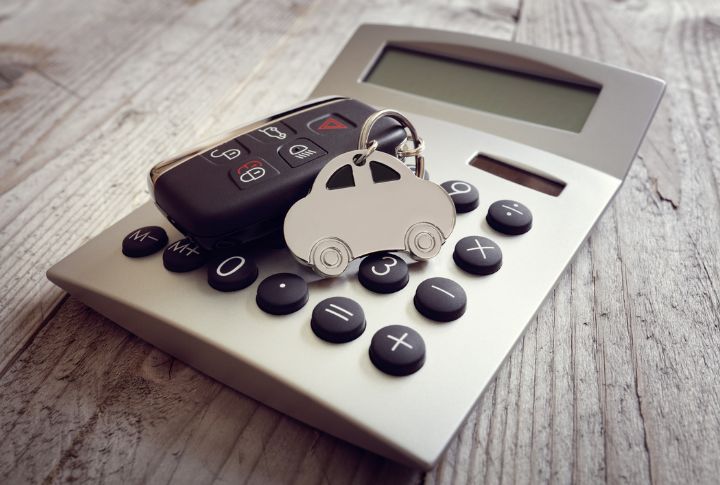
Avoid buying a used car based solely on emotions or aesthetics. Prioritize your needs, budget, and long-term dependability when making your decision. Rushing into a purchase based on excitement can lead to overlooking important factors like safety, maintenance costs, and overall suitability for your needs.
